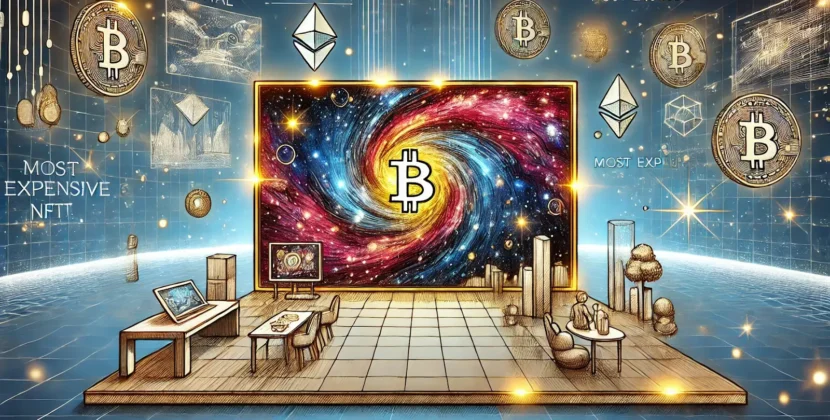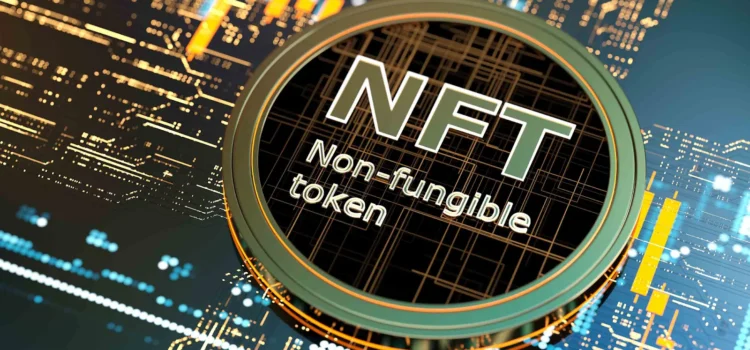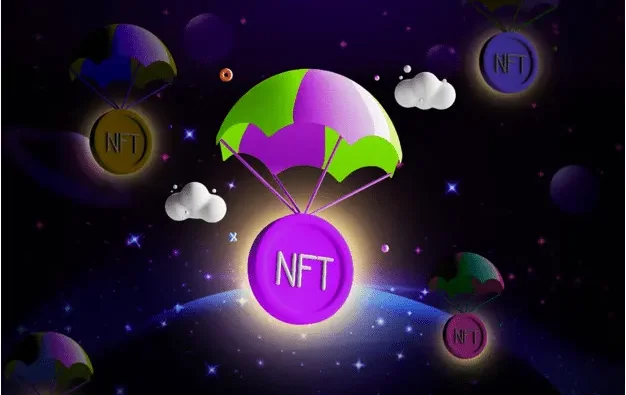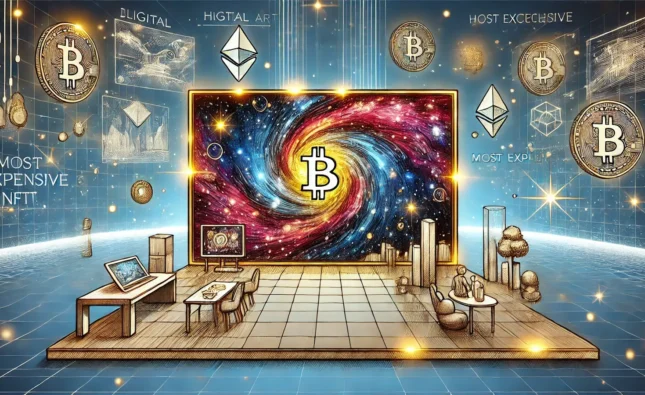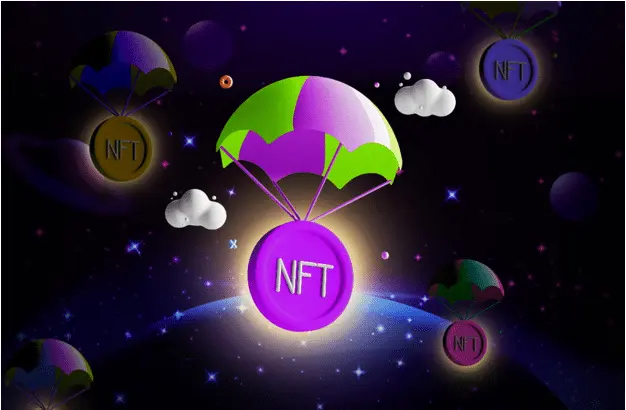
공유하다:
In recent years, Non-Fungible Tokens (NFTs) have emerged as a significant trend within the digital asset space, captivating the attention of investors, collectors, and tech enthusiasts alike. Unlike traditional cryptocurrencies such as Bitcoin or Ethereum, which are fungible and interchangeable, NFTs are unique digital tokens that represent ownership of specific assets, be they digital artworks, collectibles, or even physical items. This distinct characteristic is what makes NFTs intriguing yet complex for potential investors. In this article, we will delve into the benefits and drawbacks of investing in NFTs, providing a comprehensive overview to help you make informed decisions.
What Are NFTs?
NFTs are built on blockchain technology, which ensures that each token is one-of-a-kind and cannot be replicated. The blockchain serves as a decentralized ledger that records all transactions, providing a transparent and tamper-proof history of ownership. While many people initially associated NFTs primarily with digital art, the scope of NFTs has expanded significantly, encompassing a wide range of applications, including music, gaming assets, virtual real estate, and much more.
The Pros of Investing in NFTs
1. Accessibility to Global Markets
One of the most compelling advantages of NFTs is their accessibility. The NFT market operates 24/7 and allows individuals from all over the world to buy, sell, and trade tokens. This global reach not only enhances the liquidity of NFT markets but also allows diverse investors to participate without the barriers typically associated with traditional investments. As long as you have a computer and an internet connection, you can engage in NFT trading.
2. Verifiable Ownership
NFTs provide a digital certificate of ownership that is securely recorded on the blockchain. This feature significantly reduces disputes regarding ownership claims, as the blockchain serves as an immutable record. For artists and creators, this means they can prove their ownership and authorship of a piece of work,
which is vital in combating art theft and copyright infringement.3. Fractional Ownership
NFTs allow for the fractionalization of ownership, meaning that high-value assets can be divided into smaller, more affordable shares. This democratizes access to expensive items, such as fine art or real estate, enabling multiple investors to own a piece of an asset that they might not have been able to afford individually. Fractional ownership not only enhances liquidity but also opens new avenues for investment in previously inaccessible markets.
4. Innovative Business Models
NFTs are paving the way for new business models that were previously unimaginable. Creators can generate income by tokenizing their work, selling exclusive content, or implementing royalties on secondary sales. This ability to earn ongoing revenue is particularly appealing for artists and musicians, who often struggle to secure consistent income through traditional means.
5. Potential for Appreciation
As with any investment, NFTs can appreciate over time. Collectors often seek unique, scarce items that can command higher prices in the future. If you identify a valuable NFT early in its lifecycle, there is the potential for significant returns on your investment, especially if the item gains popularity or cultural significance.
The Cons of Investing in NFTs
1. Market Volatility
One of the most significant drawbacks of investing in NFTs is their inherent market volatility. The value of NFTs can fluctuate dramatically based on trends, popularity, and demand. Many NFTs are subject to speculative bubbles, where prices soar quickly only to crash just as fast. This volatility can lead to substantial financial losses for investors who buy at the peak of a hype cycle.
2. Fraud and Scams
The NFT market has attracted a range of individuals, including those with malicious intent. As a relatively new and largely unregulated space, it is susceptible to fraud, scams, and other illicit activities. Investors must remain vigilant and conduct thorough due diligence before purchasing NFTs, as there is always a risk of acquiring counterfeit tokens or falling victim to deceptive practices.
3. Legal and Regulatory Concerns
The legal status of NFTs is still evolving, leading to uncertainties regarding intellectual property rights, ownership, and taxation. While NFTs can serve as proof of ownership, they do not automatically confer copyright or trademark rights to the underlying asset. Investors need to be aware of these legal nuances to avoid potential disputes and complications.
4. Technical Challenges and Security Risks
Investing in NFTs requires a basic understanding of blockchain technology and digital wallets. Managing private keys, ensuring the security of wallets, and navigating NFT marketplaces can be daunting for beginners. There is also the risk of losing access to NFTs due to technical glitches, hacking, or mismanagement of digital assets. As a result, investors must take proactive steps to secure their investments.
5. Subjective Valuation
The value of an NFT is often subjective and can vary greatly between buyers and sellers. Unlike traditional investments, where financial metrics can guide valuations, the worth of an NFT is influenced by factors such as personal taste, trends, and cultural significance. This subjectivity can make it challenging to determine whether an NFT is overvalued or undervalued, complicating investment decisions.
Assessing NFT Investment Viability
Whether or not an NFT is a good investment ultimately depends on the individual investor’s goals and risk tolerance. Some investors may be drawn to the idea of owning unique digital assets, while others might be interested in the potential for long-term appreciation. It’s essential to consider your motivations and conduct thorough research before entering the NFT market.
How to Get Started with NFTs
For beginners looking to invest in NFTs, the process typically involves a few key steps:
- Choose an NFT Marketplace: Start by selecting a reputable NFT marketplace, such as OpenSea, Rarible, or Foundation. These platforms facilitate the buying and selling of NFTs, offering a diverse range of assets to explore.
- Set Up a Digital Wallet: To purchase NFTs, you’ll need a digital wallet that supports the blockchain on which the NFTs are created. Ensure your wallet is secure and that you understand how to manage your private keys.
- Fund Your Wallet: Most NFT marketplaces require you to purchase NFTs using cryptocurrency, usually Ethereum (ETH). You’ll need to buy some ETH from a cryptocurrency exchange and transfer it to your digital wallet.
- Research NFTs: Before making a purchase, take the time to research the NFTs that interest you. Consider factors such as the creator’s reputation, the asset’s rarity, and its potential for appreciation.
- Make Your Purchase: Once you’ve found an NFT you want to buy, you can place a bid or purchase it outright, depending on the listing. Follow the marketplace’s instructions to complete the transaction.
The Bottom Line
Investing in NFTs presents both exciting opportunities and considerable risks. As the NFT market continues to evolve, understanding the dynamics at play will be crucial for anyone looking to invest in this innovative space. Weighing the pros and cons, conducting thorough research, and aligning investments with your financial goals are essential steps to navigate the complexities of the NFT landscape successfully. Ultimately, NFTs represent a fascinating intersection of art, technology, and finance. While they have the potential to revolutionize ownership and investment paradigms, investors must approach this new asset class with caution, informed decision-making, and a clear understanding of the associated risks.

